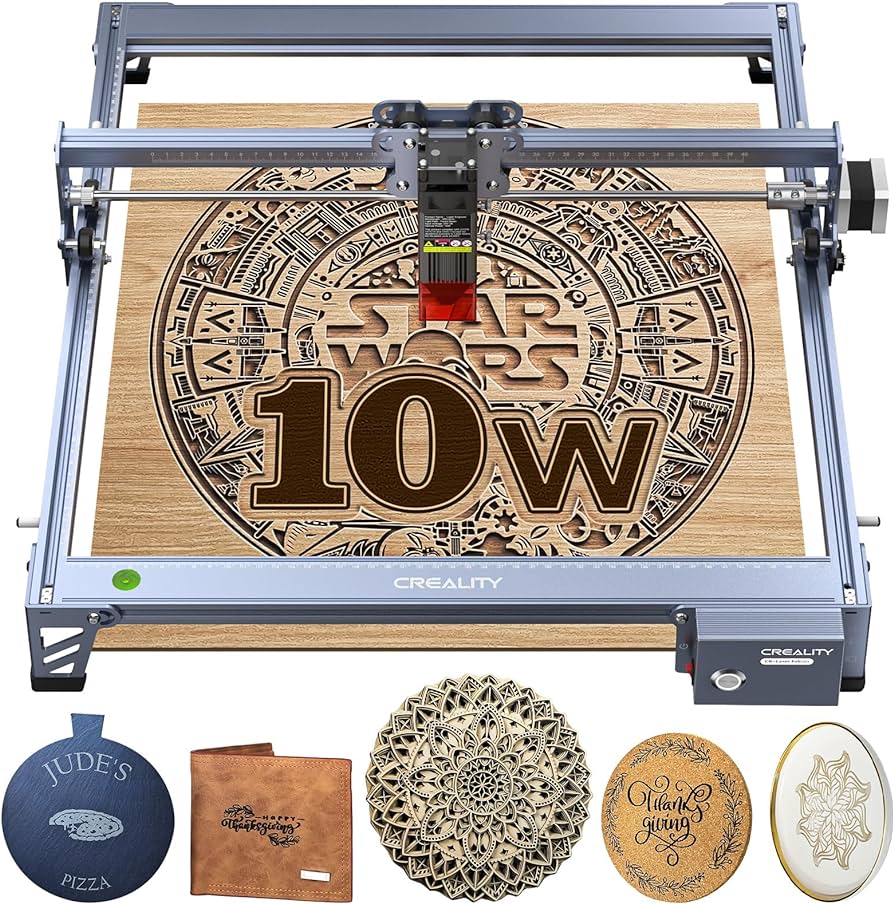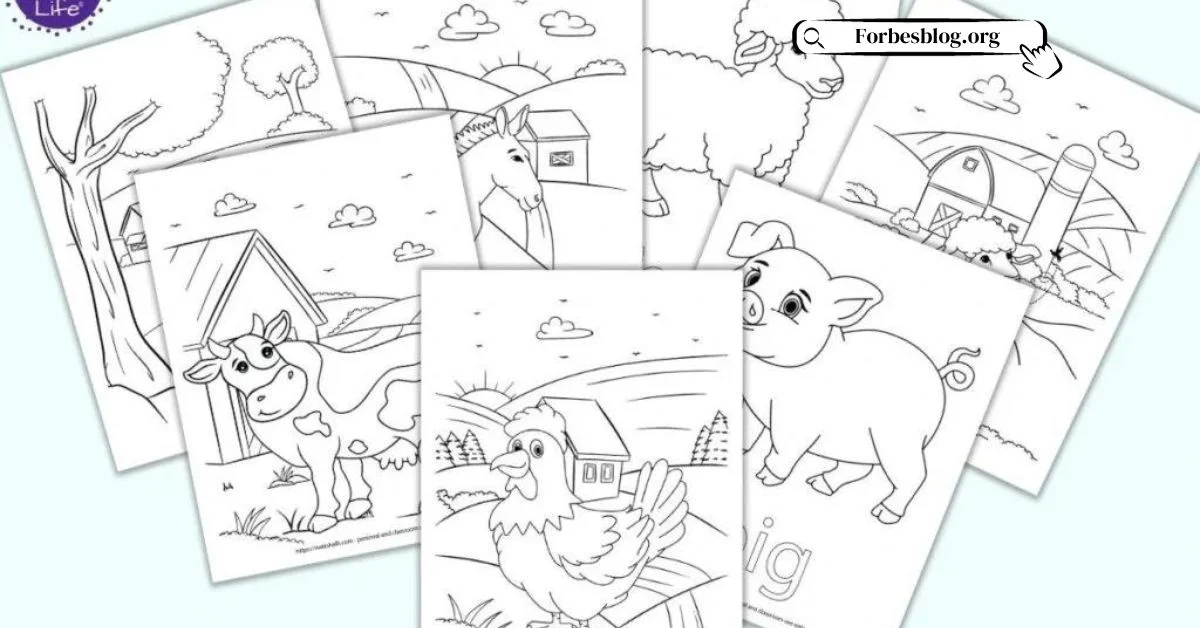Have you ever wondered what keeps farm animals safe and crops protected from pests?
The answer is simple – agricultural fencing. This type of fencing comes in various shapes, sizes, and materials, each suited for different needs on the farm. Whether it’s to secure livestock, mark boundaries, or shield young trees, there’s a fence for every purpose.
In this guide, we’ll explore the different types of agricultural fencing. Keep reading to discover how they’re used in farming today.
Table of Contents
Woven Wire Fencing
Woven wire fencing is a popular choice for farmers who need strong barriers. Imagine a large grid made of metal wires twisted together. This design helps to keep farm animals like cows and sheep safe inside their pasture.
It’s really tough and can stop these animals from wandering off. Plus, the small gaps in the fencing make it hard for smaller pests to sneak through and harm crops or young trees.
Farmers love woven wire fencing because it’s durable and lasts a long time. It’s a great solution for making sure farm animals stay where they’re supposed to be and keeping unwanted visitors out.
Barbed Wire Fencing
Barbed wire fencing is another popular choice among farmers and it’s exactly what it sounds like. Imagine metal wire with sharp points, or “barbs,” placed at intervals. These barbs discourage animals or intruders from trying to cross the fence because they don’t want to get caught on the sharp points.
It’s mostly used to keep livestock like cows and horses inside their areas. Farmers like using barbed wire because it’s not too expensive and it does the job of keeping animals inside without hurting them badly. It’s pretty easy to put up too.
But remember, it’s not the best choice for all animals. For example, it’s not great for sheep or animals with thick fur because they might get tangled up in it. Barbed wire fencing is a strong way to make clear boundaries on a farm and keep animals safe.
Electric Fencing
Electric fencing is a smart choice for keeping animals in or out. It works by giving a quick zap to anyone who touches it.
Don’t worry, though. This zap is safe and does just enough to teach animals to stay away. It’s like when you touch something hot and learn not to touch it again.
Electric fences use a little bit of electricity, so they need a power source. This can be from the main power, a battery, or even solar panels.
Farmers use electric fencing because it’s flexible. You can put it up, move it, or take it down easily, making it perfect for temporary areas or to protect special parts of the farm.
Plus, it’s not too expensive and does a great job of managing animals without needing a solid fence. Electric fencing is a great tool for farmers who want a fence that’s smart, safe, and does its job well.
High-Tensile Wire Fencing
High-tensile wire fencing is like the strong, silent type of fence. This fencing is made with very strong wires under high tension, meaning it’s pulled tight. Because it’s so strong, it doesn’t sag or need a lot of posts to hold it up.
You often see it used in big fields to keep in animals like cows and horses. The cool part? It lasts a long time and doesn’t need much looking after.
Farmers like this kind of fence because once you set it up, you don’t have to worry much about it. It’s perfect for marking boundaries and keeping big animals safe and sound.
Plus, you won’t see these wires breaking easily, even if the weather gets wild or animals push against them. High-tensile wire fencing is a top choice for farmers who need something reliable that stays strong year after year.
Post and Rail Fencing
Post and rail fencing is one of the simplest types of farm fencing you can see. It involves wooden posts connected by wooden rails.
This type of fence gives farms a classic look. You often see it used with horses because it marks the area clearly without being too harsh if an animal bumps into it.
Installing this fence means putting the posts deep enough into the ground so they’re strong, and then attaching rails between them. People like this fence because it looks nice and is pretty straightforward to put together.
Even though it’s not the best for keeping out small animals or pests, it’s great for marking property lines or creating paddocks for larger animals. Fence installations like these are a good choice if you’re looking for something that’s easy to understand and doesn’t cost too much.
Mesh Fencing
Mesh fencing is a great pick for keeping smaller animals safe. It’s made of metal wires crisscrossed to form small squares. Think of a net, but much stronger. Because the holes are tiny, little animals can’t squeeze through and get out.
It’s also hard for bigger pests to get in and bother them. People use mesh fencing a lot for chickens, rabbits, and even garden areas. It keeps the animals and plants safe without blocking their view.
This type of fencing is sturdy and can last a long time. It’s a smart choice if you have smaller animals on your farm and want to keep them secure.
Split Rail Fencing
Split rail fencing is a rustic and charming option that adds a countryside feel to any farm. It consists of long, split logs placed between upright posts. This fencing type looks nice and is perfect for farms that want a traditional look. It’s great for marking property lines or for areas where keeping animals secure isn’t the main concern, like a large field for horses to roam.
Split rail fences are pretty easy to install and don’t cost much money. They also don’t block the view, which is nice if you want to see across your land. While split rail fencing isn’t the best choice for keeping small animals in or pests out, its simple beauty makes it a favorite for many farmers who love its classic appearance.
Choose the Right Kind of Agricultural Fencing Today
Finding the right agricultural fencing is a big help for your farm. It keeps animals safe and crops secure. With so many types to choose from, you can find the perfect fence for any job.
Remember, the best farms use good fences. Now that you know all about them, your farm can be safe and sound too.
For more informative articles, please visit the rest of our blog.














